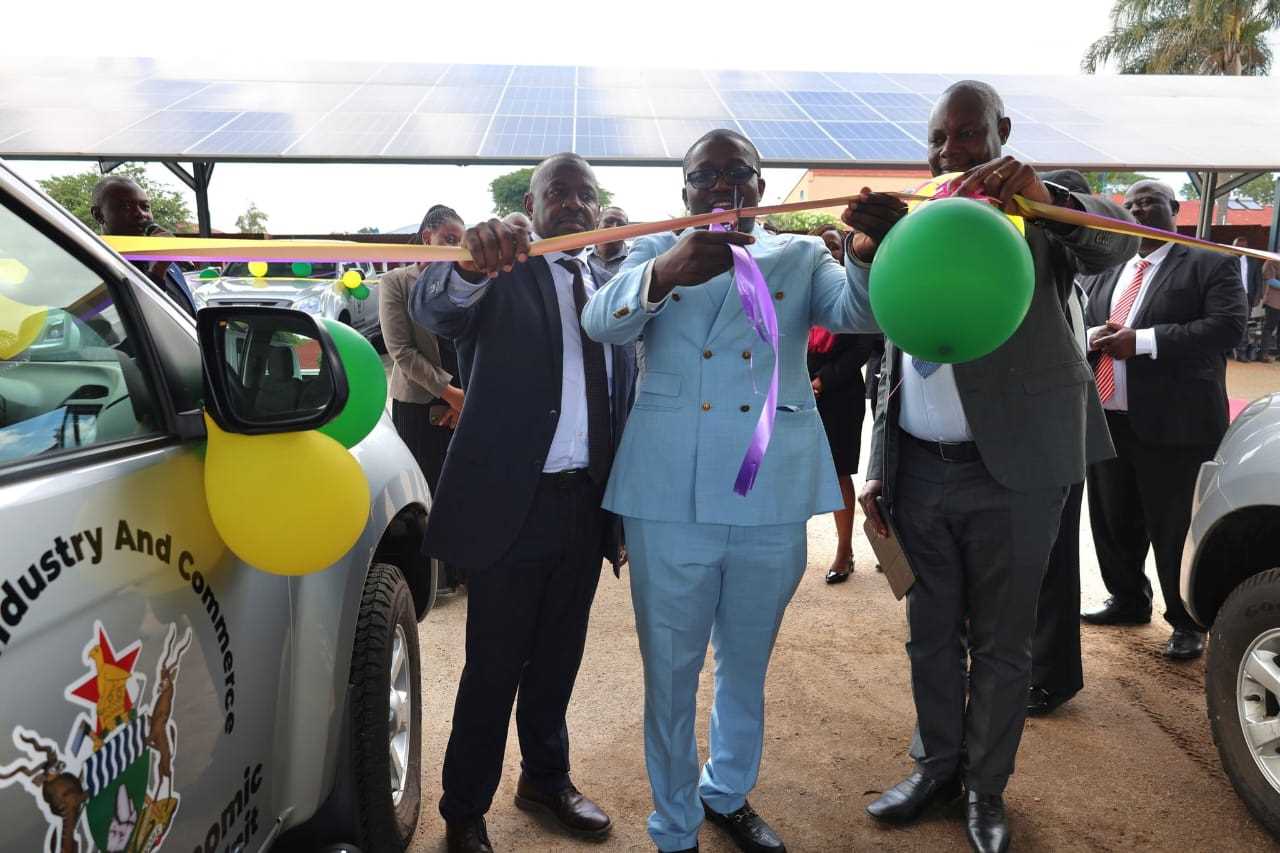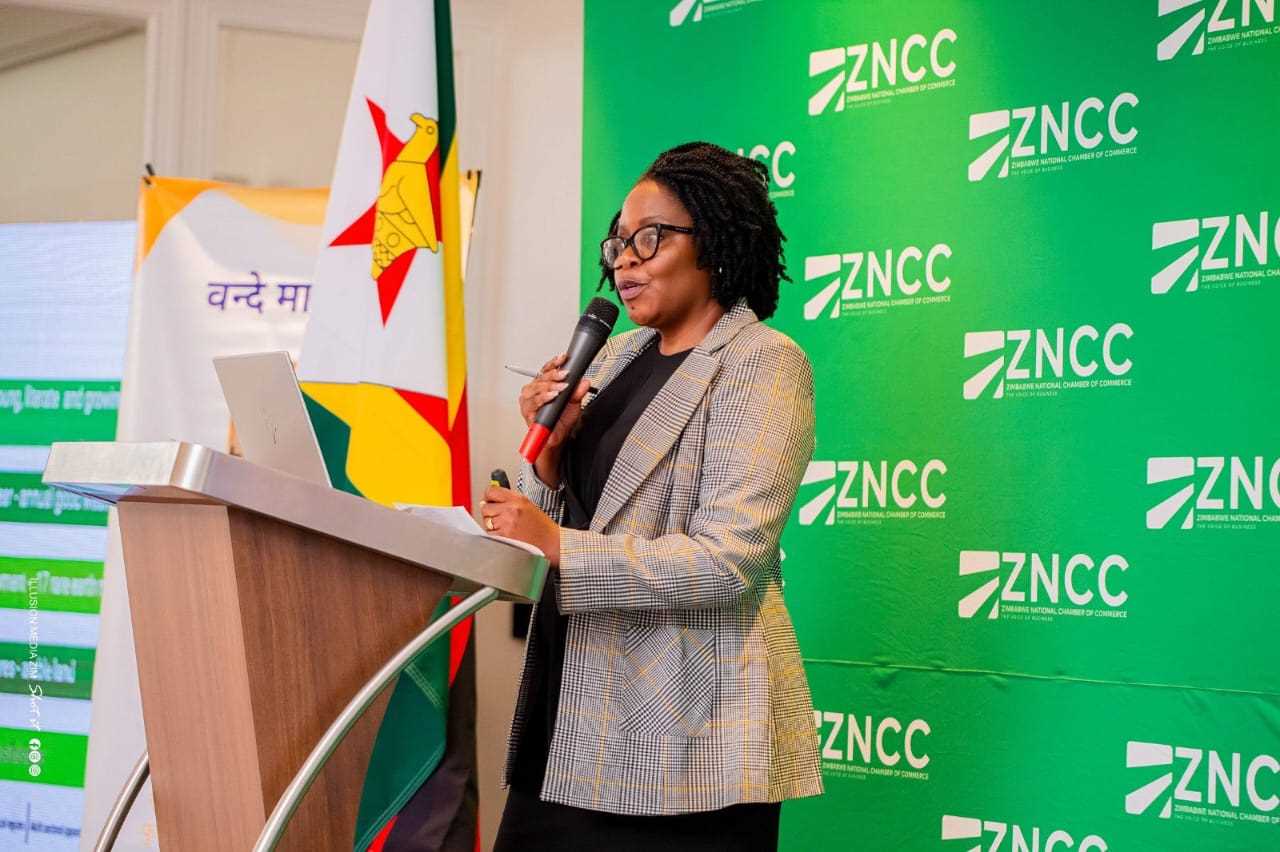
Oscar J Jeke
Zim Now Reporter
Botswana’s new president, Duma Boko, has announced plans to legalize undocumented Zimbabweans residing in the country. Citing the critical skills that Zimbabwean workers bring, Boko emphasized the need to provide them with formal work and residence permits, allowing them to contribute legally to the country’s workforce.
Speaking on the issue, Boko stated, “In every construction site in Botswana, the majority of people with these essential skills are from Zimbabwe.” He noted that many Batswana are not drawn to certain manual jobs, creating an opportunity for skilled Zimbabwean workers. Formalizing their status, he added, would not only acknowledge their contributions but also help address high unemployment levels domestically, which he described as a "ticking time bomb" with nearly 30% of Botswana's population currently unemployed.
Related Stories
The president underscored that legalizing Zimbabweans’ stay would help address social challenges associated with undocumented migration, as many find themselves cut off from basic amenities, often forced to work illegally. "They live outside the law, and this brings resentment," Boko said, pointing to the need for a proper arrangement that benefits both nations.
As part of the proposal, Botswana’s administration also aims to promote skills transfer programs, enabling young Batswana to gain expertise from their Zimbabwean counterparts. The move is supported by recent bilateral agreements that were positioned to relax travel requirements between Botswana and Zimbabwe, showing a strong commitment to regional collaboration and mutual growth
"In any and every construction site in Botswana the majority of people with those skills are from Zimbabwe, so we need to do a twin programme of allowing them to come in and we utilise the skills that they have and in the process of utilising these skills we also engage in some sort of skills transfer," President Boko remarked.
"We can’t stop people with skills from coming in when we don't have the skills ourselves, we need to develop these skills and it takes time, so in the interregnum we need to have them come in properly, come in legally and be rewarded appropriately for the skills that they bring."


















Leave Comments